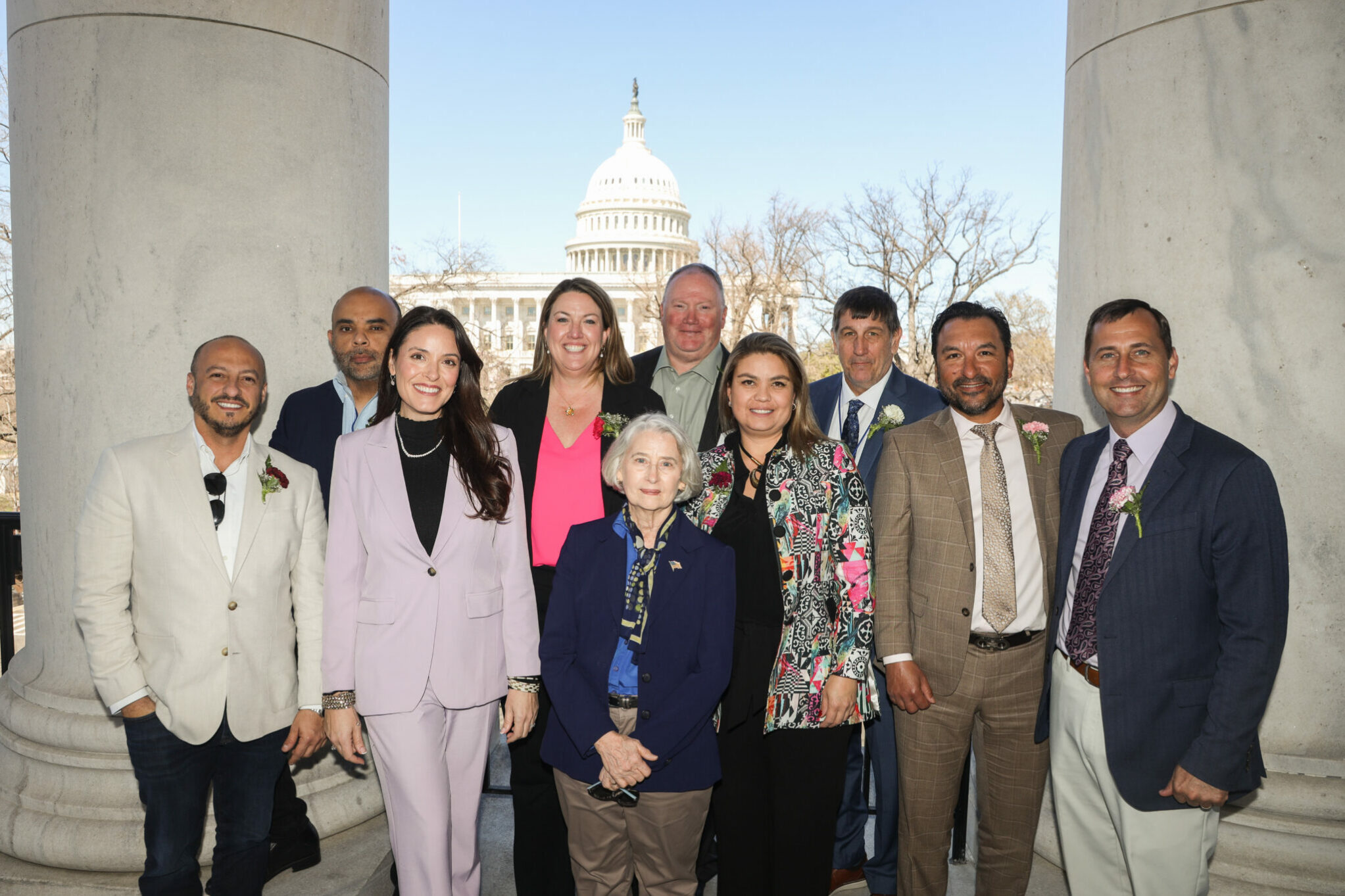
During SAF’s Congressional Action Days, members will advocate for the renewal of the Generalized System of Preferences (GSP), a trade program that allows for duty-free access to thousands of products, including flowers.
Editor’s note: Advocating for the floral industry’s needs on Capitol Hill is a key priority for the Society of American Florists. What issues are most likely to impact you and your business — and how? What is SAF doing about it? In this ongoing series, SAF senior lobbyist Joe Bischoff breaks down one issue at a time and outlines SAF’s advocacy work on it.
This week, Bischoff answered questions about the importance of and renewal effort for the Generalized System of Preferences (GSP), a trade program that allows for duty-free access to thousands of products, including flowers. Learn about SAF’s legislative priorities and register for Congressional Action Days March 20-21 to take the industry’s issues to Capitol Hill.
SAF: What’s the financial impact of GSP to the floral industry?
Joe Bischoff: This tariff relief provides pricing stability for the industry. According to import value estimates from the Economic Research Service, each year an additional $20 million would stay in the industry with GSP tariff relief in place. The more money that stays in the industry, the more it helps facilitate growth.
SAF: SAF was successful in getting roses added to the GSP in November 2020, eliminating the 6.8 percent tariff on Ecuadorian roses — but the program needs to be renewed for the industry to see that savings. Where does the renewal process stand?
Joe Bischoff: The GSP was originally authorized by Congress in 1974 but must be periodically reauthorized. Reauthorization of the GSP must be passed by Congress and signed into law by the president. The GSP frequently gets passed as part of another legislative package rather than a stand-alone bill. Unfortunately, the most recent authorization expired on December 31, 2020, and reauthorization delays have been common throughout the program’s history.
In the last year we saw GSP reauthorization move through the House and Senate and approach the finish line to getting passed — and then fall short. GSP reauthorization failed not on its own merits, but because of disagreements between Republicans and Democrats on how the U.S. should move forward on other international trade issues — specifically, debates around the role of the U.S. government in environmental and labor provisions of trade agreements.
SAF: What are the prospects for GSP reauthorization in the new Congress?
Joe Bischoff: The good news is that SAF is actively engaging the new chairman of the House Ways & Means Committee, Rep. Jason Smith (R-Missouri), to encourage him to put GSP on the agenda. Many staff members on the committee have remained the same, and SAF already has strong relationships with them.
GSP is on the committee’s priority list — it’s just not the top priority, and issues such as resolving the debt limit are likely to take precedence on the agenda. Also, when there is a change in leadership, new committee leaders tend to look at what Congress last did on a specific issues, and in the last Congress, the Senate gave bipartisan support to GSP renewal and House Republicans supported clean reauthorization language as well. The difference now is the dynamics of Congressional priorities have changed. That’s why SAF will continue to do everything it can to keep the issue front and center with lawmakers—including bringing the industry together to highlight the importance of GSP reauthorization when members visit with Hill offices during Congressional Action Days in a few weeks.
SAF: This is the longest period of time GSP has gone without being renewed. When renewed, will importers and wholesalers be reimbursed for the tariffs they have paid since January 2021?
Joe Bischoff: Yes — the length of the reauthorization delay doesn’t change the fact that when renewed, payments will most likely be retroactively reimbursed. Recent GSP reauthorization language in both the House and Senate included retroactive reimbursement language. In addition, GSP authorization has lapsed each of the last three effective periods, and each time, Congress has provided a retroactive extension to the program.
SAF: GSP renewal is a good thing for wholesalers and importers, and their customers, but how does it impact domestic growers?
Joe Bischoff: While GSP allows for importers and wholesalers to save money on tariffs, it also includes the “competitive need limitation,” which prevents the imports from any one country from getting too big. In fact, roses from Ecuador are near or at that limit already. So, the duty-free savings provided by GSP are likely to be spent expanding domestic businesses or purchasing more domestic product.
SAF: What can SAF members do to get involved on the issue?
Joe Bischoff: They can join us for Congressional Action Days to let members of Congress and their staff know how important this program is and urge for its reauthorization. Members of Congress need to know that holding up GSP reauthorization is preventing small businesses from investing in improvements and expanding their workforce.
Katie Butler is the senior vice president of the Society of American Florists.





